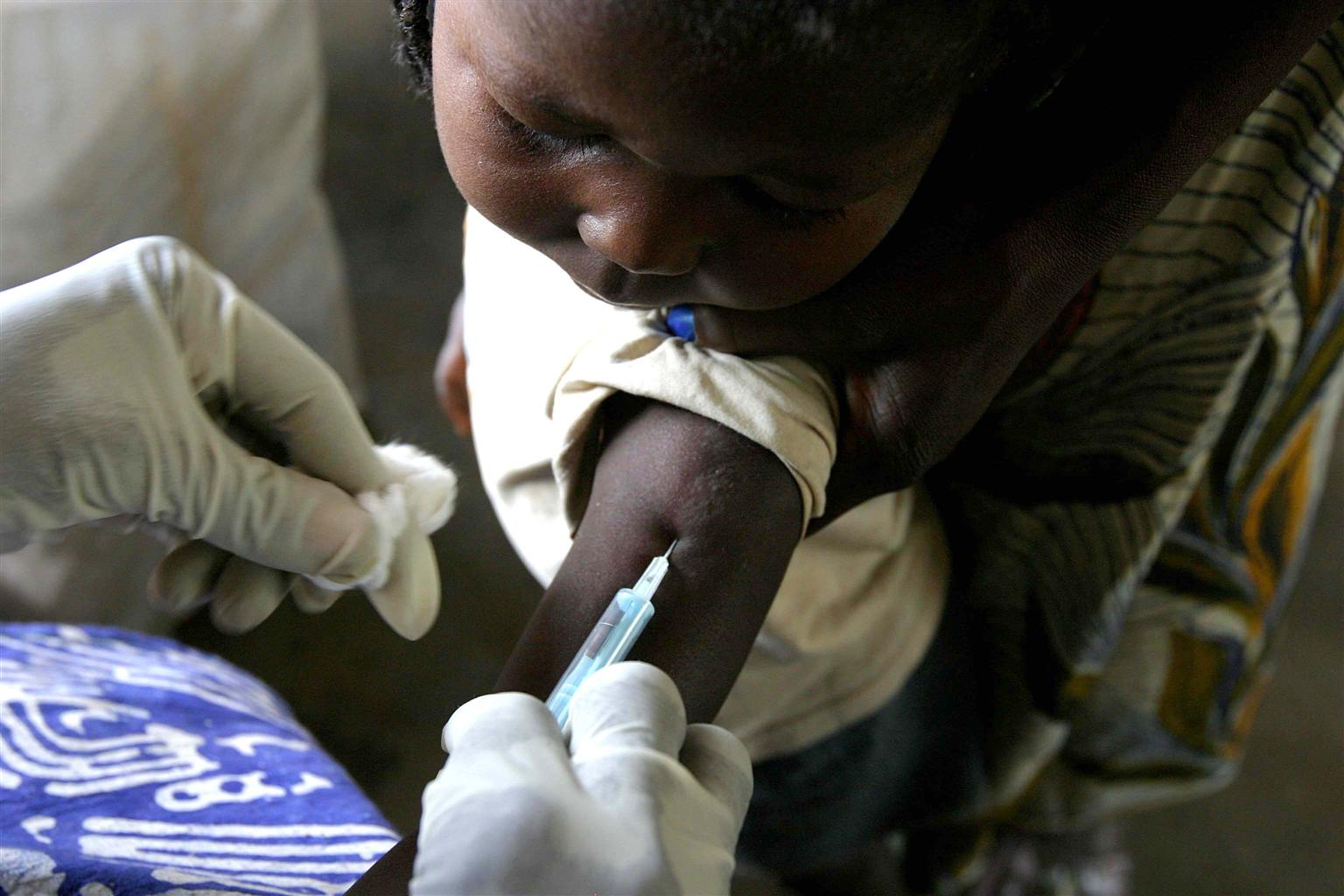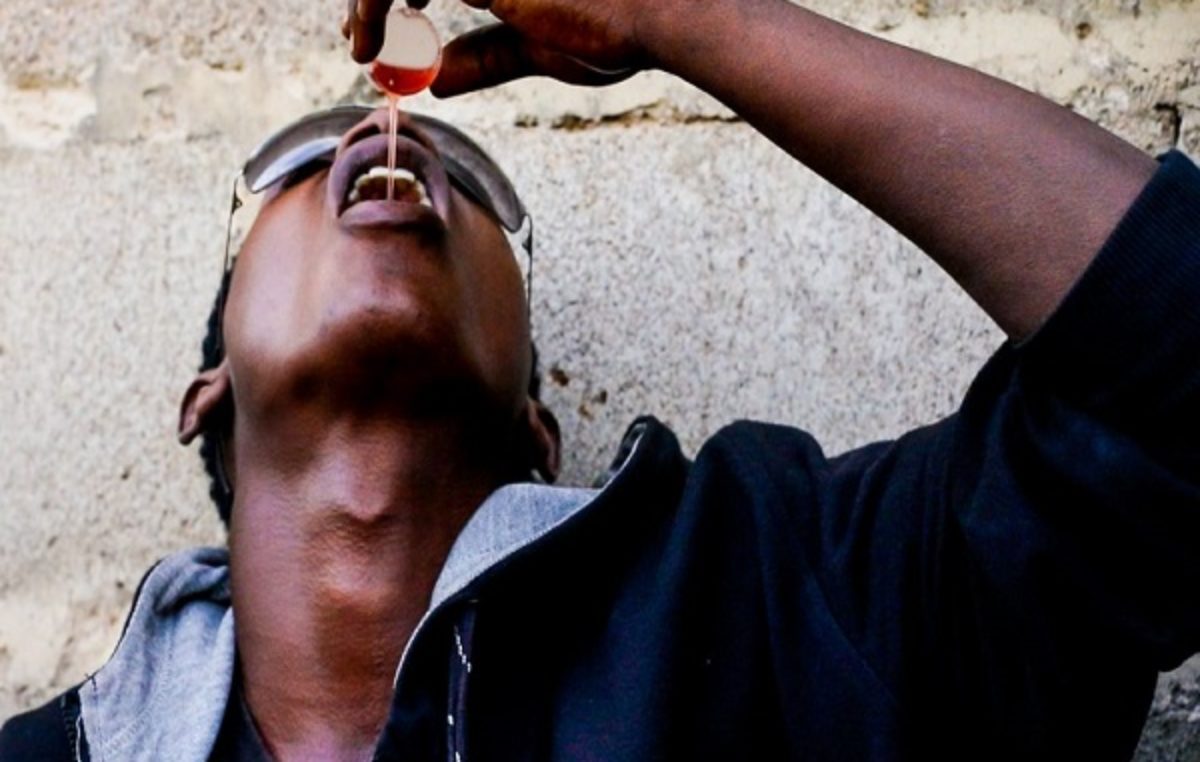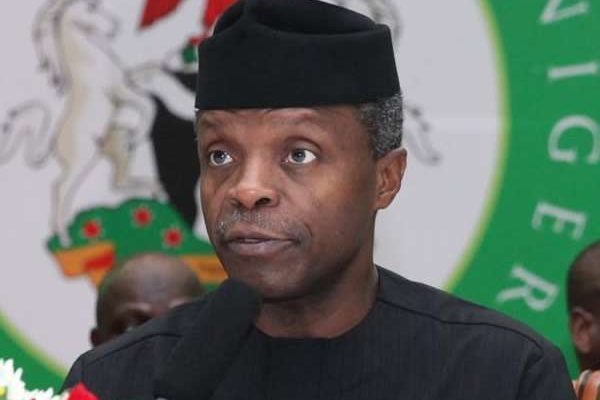
‘4.8 Million Children Die Of Measles Annually In Sub-Sahara Africa’
A field Epidemiologist , Dr Adebayo Fashola has revealed that about 4.8 million children die of measles in the sub-Sahara Africa annually.
The expert disclosed this in Ado Ekiti, the Ekiti state on Monday during a Measles Vaccination Campaign workshop organized for media practitioners heralding the 2018 immunisation programme in Ekiti slated for March 1 and 13.
He said the figure represents 50 per cent of the 9.7 million children killed by viral disease yearly across the globe.
The appalling situation, according to Fashola was responsible for the reason why the governments in Nigeria were stepping up efforts to maintain the 95 per cent benchmark set for immunization spread among children between the ages of nine months and five years across the 36 states of the federation to bring down number of casualties.
Fashola disclosed that the 362 teams, comprising seven medical experts each, have been adequately trained and equipped to carry out the task across the 16 local government areas of the state within specified period.
The programme, he noted was bankrolled through the partnership among the National Primary Healthcare Development Agency , United Nations Children Endowment Fund(UNICEF), World Health Organisation(WHO) and African Field Epidemiology Network.
The first phase of the immunization will be conducted in Ado Ekiti, Ekiti West, Efon, Ijero , Ikere Ikole , Ido/Osi and Irepodun/Ifelodun local governments . whiile the second phase will be undertaken in Ekiti East, Emure, Ekiti South West, Ise/Orun, Ilejemeje, Gbonyin and Mobal local government areas.
He said, “For the programme to be a success, we are using all the primary healthcare facilities across the 177 wards in Ekiti and our experts will visit churches, mosques, schools, settlements and other centres to source for children to immunize.
“We are carrying out these routine vaccination exercises because we want to ensure that we grow the children population up to herd immunity level, where the number of children that were immunized will be enough to form a wall of defence for those that were not immunized.”



